Take-home grocery sales passed the £12bn mark for the first time in December, with inflation the key driving factor as volumes decreased.
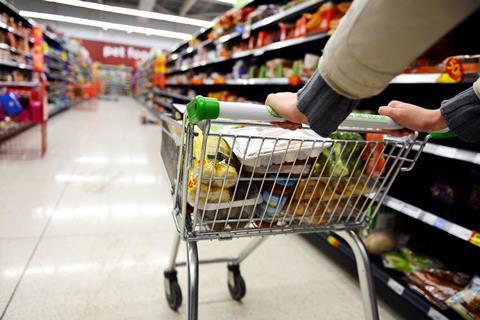
Grocery sales in the 12 weeks to December 25 increased by 7.6%, while year-on-year growth for December was higher at 9.4%, according to the latest Kantar grocery market share data.
This equated to an extra £1.1bn of extra spend on groceries in the period, driven by customer flight to value and inflation that pushed prices up and basket volumes down 1%.
Kantar head of retail and consumer insight Fraser McKevitt said “traditional Christmas categories” traded strongly over the period, while the near concurrent men’s football World Cup saw an increase in alcohol sales for retailers.
“Value sales of mince pies soared by 19% but volume purchases barely increased at all. Christmas puddings were popular, growing by 16% in value and 6% in volume terms. Brussels sprouts were off the menu for some households as the proportion buying them fell to 45% from 48%.
“The FIFA men’s World Cup was a boost for the take-home beer market. England’s quarter-final match against France on December 10 saw sales hit their biggest daily takings of the year, surpassed only by the Friday and Saturday before Christmas as people stocked up on festive drinks.”
Grocery price inflation now stands at 14.4%, down slightly from 14.6% in November.
McKevitt said: “This is the second month in a row that grocery price inflation has fallen, raising hopes that the worst has now passed. However, it’s still a painfully high figure at the current rate, impacting how and what we buy at the shops.”
Shoppers continued to trade down to supermarkets’ own-label products over the period with sales up 13.3%, well ahead of the 4.7% increase in branded lines.
December 23 was the busiest shopping day of the festive period with more than half of the nation’s households going to stores or taking a delivery on the day.
McKevitt added: “The British supermarket sector is more competitive than ever and the grocers are keen to retain customers by offering their own festive alternatives. This has included an emphasis on premium own-label products, giving consumers a way to treat themselves this Christmas.
“These lines always do well at this time of year and this festive period was no exception with sales growing by 10.2% to hit more than £700m for the first time.
“Tesco’s Finest range remains the single largest premium own-label line by some distance, while Aldi and Lidl were the biggest contributors to the premium own-label sector’s overall growth in 2022.”
Online grocery sales also grew during the period, up 4%. However, there was a slight decline in online’s total share compared with Christmas 2021, nudging down by 0.6 percentage points to 11.6%.
All grocers enjoy buoyant sales
Almost all of the grocers enjoyed an uptick in sales over the festive period, with the traditional big four accounting for more than two-thirds of all spending.
Asda led this group, with sales up by 6.4%, closely followed by Sainsbury’s and Tesco, which achieved sales growth of 6.2% and 6% respectively. Morrisons sales fell 2.9%; however, the grocer enjoyed its best performance since June 2021.
Aldi remained the fastest-growing grocer with 27% growth, taking its market share up from 7.7% this time last year to 9.1%. Lidl’s sales increased by 23.9%, moving its market share up by 0.9 percentage points to 7.2%.
Iceland’s sales grew by 10.2%, with sales of frozen poultry rising by 15% and frozen prepared foods by 18%. This pushed Iceland’s market share to 2.5%. The Co-op’s market share now stands at 5.6% while Waitrose has 4.7%. Ocado increased sales by 8.2%, maintaining a market share of 1.7%.
- Get the latest grocery news and analysis straight to your inbox – sign up for our weekly newsletter


















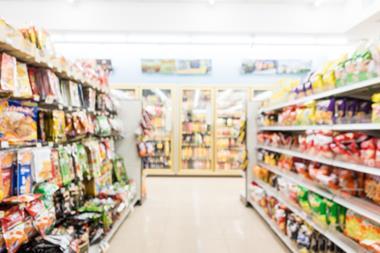
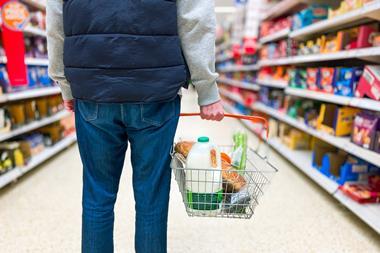
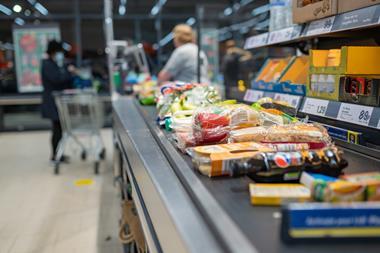
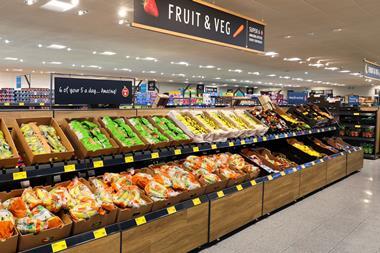
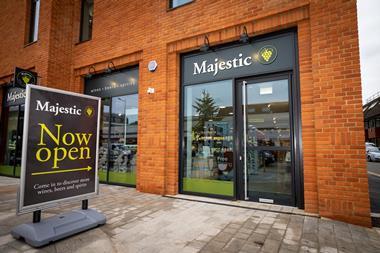

No comments yet